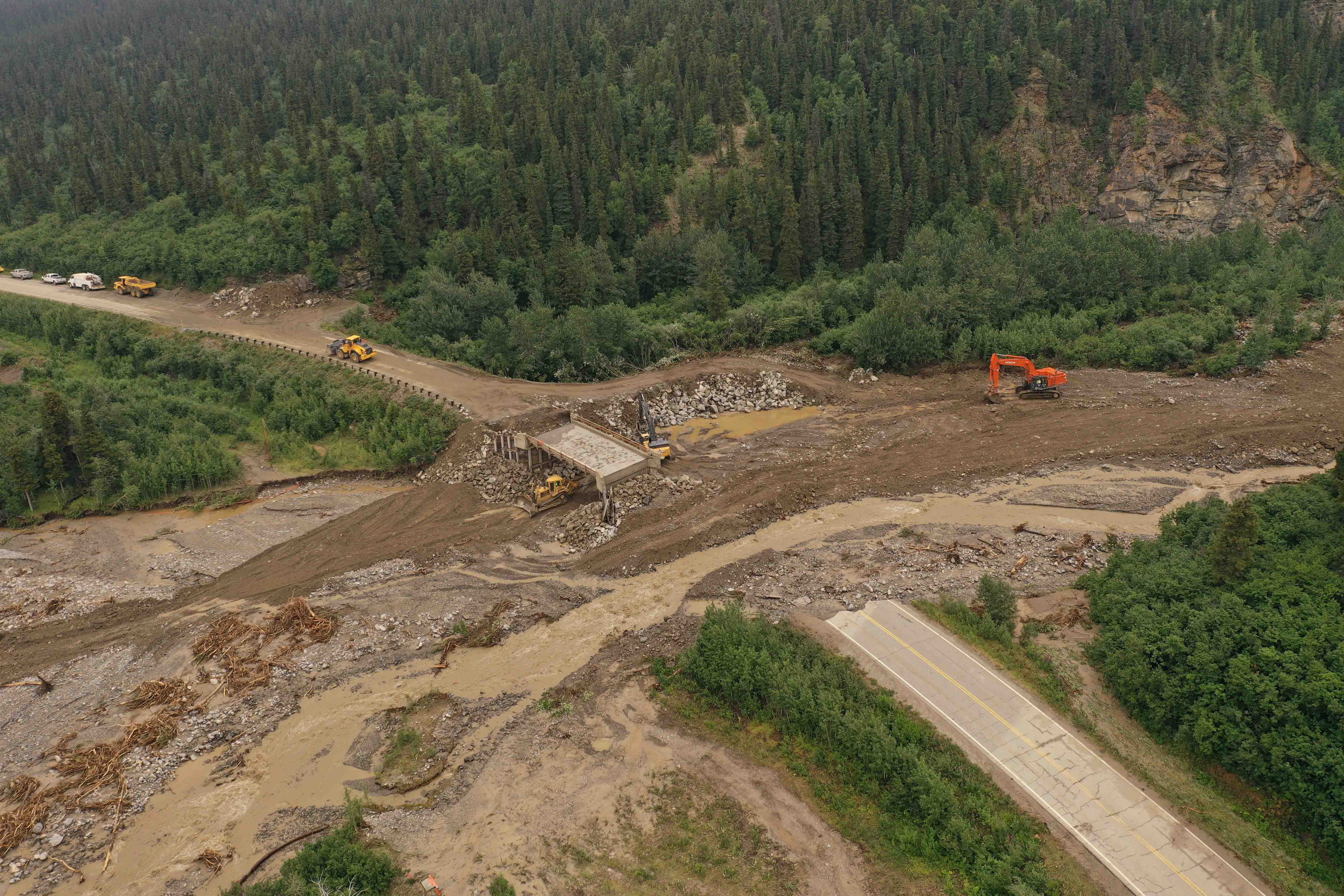Climate-Safe Infrastructure will be Important in Alaska’s Energy Future

In the third of five videos highlighting content from the Alaska’s Changing Arctic: Energy Issues and Trends report, Rick Thoman and John Walsh of the International Arctic Research Center at UAF discuss Alaska’s changing weather impacts on energy system infrastructure and convey the key points that state leaders must consider when navigating decisions against the backdrop of a rapidly changing Arctic.
The University of Alaska recently released the first in a series of informational reports designed to aid state leaders as Alaska confronts a transforming Arctic and the increasingly globalized North.
The report was led by UAF’s Center for Arctic Policy Studies at the International Arctic Research Center, with help from the Alaska Center for Energy and Power and UAA’s Institute of Social and Economic Research.
A video series created by ACEP’s chief storyteller Amanda Byrd will cover each topic in the report.
The report covers four energy topics:
-
The history of Alaska’s reliance on oil and the boom-bust impact on the state’s economy. (Watch a short video: Alaska's Changing Arctic: Oil Economy.)
-
How Alaska currently produces energy and has become an expert in cold-climate renewables and microgrids (Watch a short video: Alaska's Changing Arctic: Energy Systems.)
-
Energy infrastructure planning under rapidly changing environmental conditions (Watch a short video: Alaska's Changing Arctic: Climate Smart Infrastructure.)
-
Current competition and cooperation in the international Arctic energy regime.
Read or download the report here: Alaska’s Changing Arctic Energy Issues and Trends for the Alaska State Legislature and its Citizens.
Alaska Department of Transportation and Public Facilities works to repair Bear Creek Bridge on the Richardson Highway after high rainfall caused the creek to wash away the road. Photo by Alaska DOT.


